Can dogs eat ginger? Absolutely! Administered correctly, ginger is not only safe for both dogs and cats, its health benefits run deep. From digestive health through to cancer prevention.
Recent studies have shown it can reduce heartworm microfilaria. (Note: not cure, and should not replace traditional treatment) Therefore, more and more holistic veterinarians and animal naturopaths are recommending ginger for dogs and cats.
Try PetWell DIGEST Digestion Relief supplement and functional treats, it contains ginger and other ingredients that support gut health and work to keep your PetWell.
What is Ginger?
Ginger (Zingiber officinale) is a plant whose root is used as a herb (also referred to as a spice). For thousands of years it has been used as a herbal medicine in the Asian culture and later utilised in western holistic medicine. It comes from the same plant family that includes turmeric and cardamon.
The common use for ginger in both humans and pets is to aid against inflammation, upset stomach, arthritis and infections. Its strongest benefit is its ability to aid digestion and treat nausea.
Ginger benefits:
1. Nausea and motion sickness
Ginger is known to help with nausea in pets. If you pet suffers motion sickness, giving them fresh ginger or a supplement containing ginger 30 minutes prior to a car ride can help.
Studies have also shown ginger can help with nausea and vomiting related to chemotherapy treatment.
Older pets in general experience issues with their digestive system. They experience flatulence and stomach problems. The smallest change to their diet or environment can cause constipation, diarrhoea, or bloating.
Ginger is a great supplement as it promotes healthy movement of the bowels and has powerful anti-inflammatory, which helps to sooth the digestive tract to reduce nausea.
Some common signs that your pet might have nausea:
- Loss of appetite
- Not drinking water
- Strange facial expressions
- Vomiting
- Diarrhea
- Panting and excessive drooling
A study comparing ginger to a common nausea drug – dimenhydrinate (Dramamine) showed that it was as effective as dimenhydrinate in humans and had fewer side effects. Vets also prescribe this same drug to dogs to treat nausea and motion sickness.
2. Gas and bloating
Ginger stimulates movement in the stomach and prevents the build-up of air, food and fluid. Bloat can progress to a more serious condition called Gastric Dilation Volvulus (GDV) that can be life threatening. In extreme cases the stomach can twist due to the amount of pressure closing off the entrance and exit of your dog’s stomach. This is called volvulus stage.
The movement in the stomach aided by ginger can accelerate the emptying of the stomach preventing issues such as IBD (inflammatory bowel disease) and GDV.
Signs of bloating to look for:
- Enlarged abdomen
- Restlessness
- Abdominal pain
- Pale gums
And in extreme situations;
- Increased heart rate
- Shortness of breath
- Weakness
- Collapse
If you see signs of bloating, especially extreme signs, please get your pet to the vet as soon as possible!
There are also steps you can take to prevent bloat such as:
- Feeding a fresh raw diet
- Smaller meals
- Introduce a digestive supplement that contains ginger and other aiding ingredients
- Regular exercise
Ginger is a carminative herb. It can help prevent and expel gas from your dog’s digestive tract.
3. Anti-inflammatory
Ginger is a natural anti-inflammatory and benefits your pets by:
- reducing inflammation in joints preventing pain and immobility
- helping ease arthritis symptoms
- eases stomach pain and as mentioned above, eases bloat
- Inflammation contributes to cancer. Ginger aids as a preventative, see next point for more details.
4. Cancer
Not only does ginger help with the side effects of cancer by treating nausea and vomiting. But there have also been a number of studies that show ginger can help prevent and slow down cancer in humans and animals.
One study showed that ginger could slow the rate of breast cancer growth in mice. Another study showed that ginger could kill lymphosarcoma cells in a test tube. It also had a positive effect on rats with liver cancer.
It’s known that inflammation contributes to the development of cancer therefore making ginger an obvious prevention. Being an anti-inflammatory, it also contributes as an immune booster. All round positive benefits!
5. Canine heartworm
Although ginger cannot cure canine heartworm and should not take the place of traditional treatment, it is still a great remedy to reduce the risk of heartworm disease.
In one study, ginger showed positive results in managing heartworm disease in dogs. Injections of alcohol extracts of ginger root reduced microfilarie by 83 to 98% in infected dogs. This is promising!
Heartworm can lead to:
- Lung disease
- Heart failure
- Organ damage
- And even death
Note: Consultation with your vet is advised when it comes to managing canine heartworm
6. Immune support
Ginger is loaded with anti-viral, anti-toxic, and anti-fungal properties. The natural antioxidants contribute to a strong and healthy immune system.
This is especially important for ageing pets with weaker immune systems.
Ginger promotes blood circulation, flushes out toxins, and helps to level out low blood pressure. The high antioxidants also fight against heart disease reduce cholesterol and help treat allergies and skin conditions.
Caution must be taken
- Due to the strong anti-inflammatory properties in ginger, it can thin the blood. Therefore avoid it if your pet is on blood thinning medication. Or about to undergo surgery or going into labour.
- It may lower blood sugar and blood pressure. Talk to your vet if your dog has diabetes or has any kind of heart condition.
- Ginger may interfere with other medications your pet is taking. It's important that you consult with your vet prior to giving your pet any supplements or vitamins.
All in all, administered appropriately and caution taken – ginger can to be a great addition to pet's diet. Just ensure your ginger is from a safe natural supplement which is boosted with complementary ingredients to give your pet the optimum health benefits.
The Science behind it
Don’t just take our word for it, here are some evidence-based studies for you to review.
Can dogs eat ginger and is it bad or good?
Ginger kills ovarian cancer cells
Heartworm study
Anti-Oxidative and Anti-Inflammatory Effects of Ginger in Health and Physical Activity
Nausea and motion sickness
Preventing nausea and vomiting during chemotherapy treatment
Ginger (Zingiber officinale) for anti-inflammatory
Ginger as effective as dimenhydrinate
Motion sickness in animals
Carminative herb
The use of ginger as a potential anti-inflammatory and antithrombotic agent
Slow the rate of breast cancer growth
Immune booster
Amazing and Mighty Ginger
Disclaimer: The entire contents of this email and website are not to be taken as medical advice. The team at Pet Squad Pty Ltd trading as PetWell encourages you to make your own pet healthcare decisions based on your research and in partnership with a qualified pet healthcare professional.
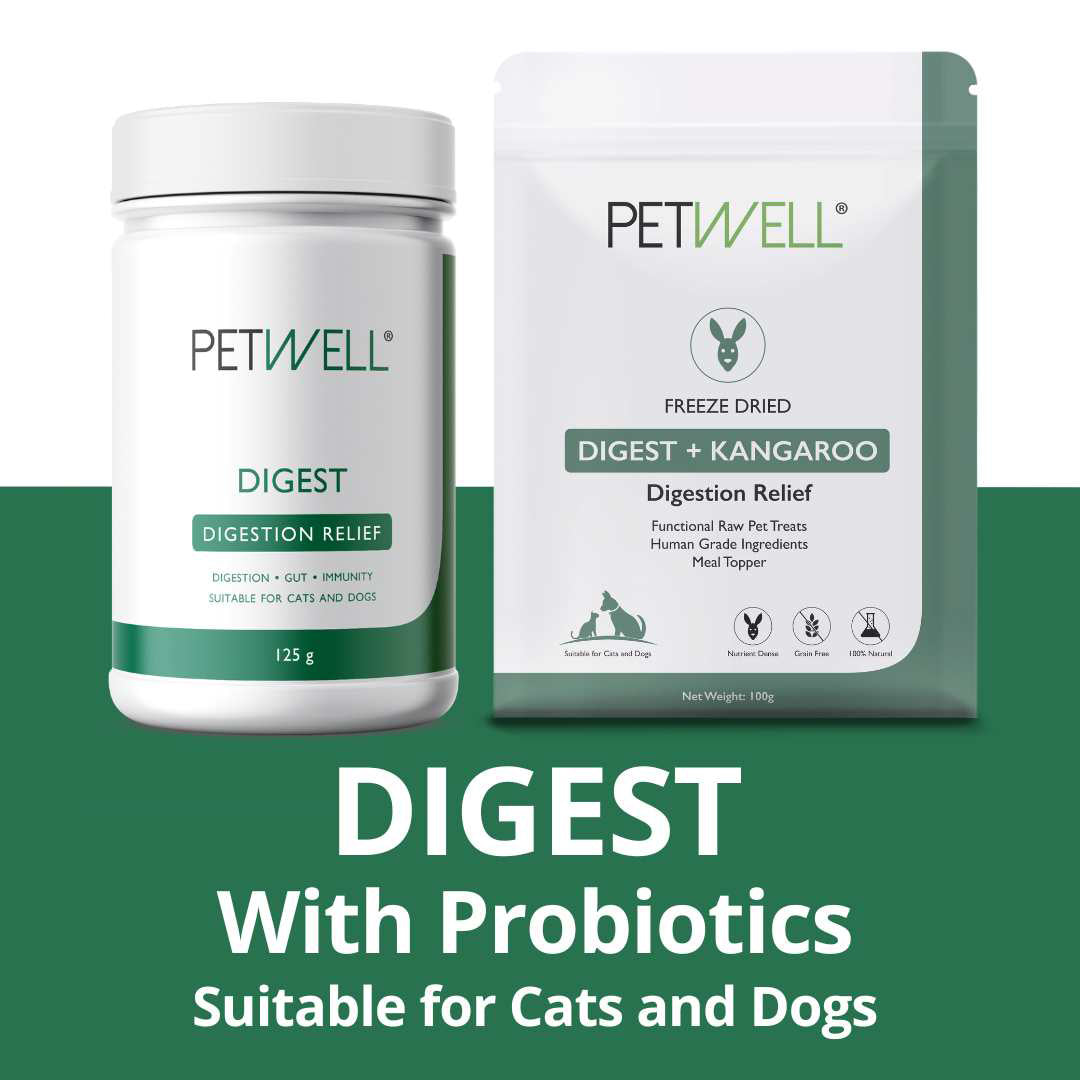
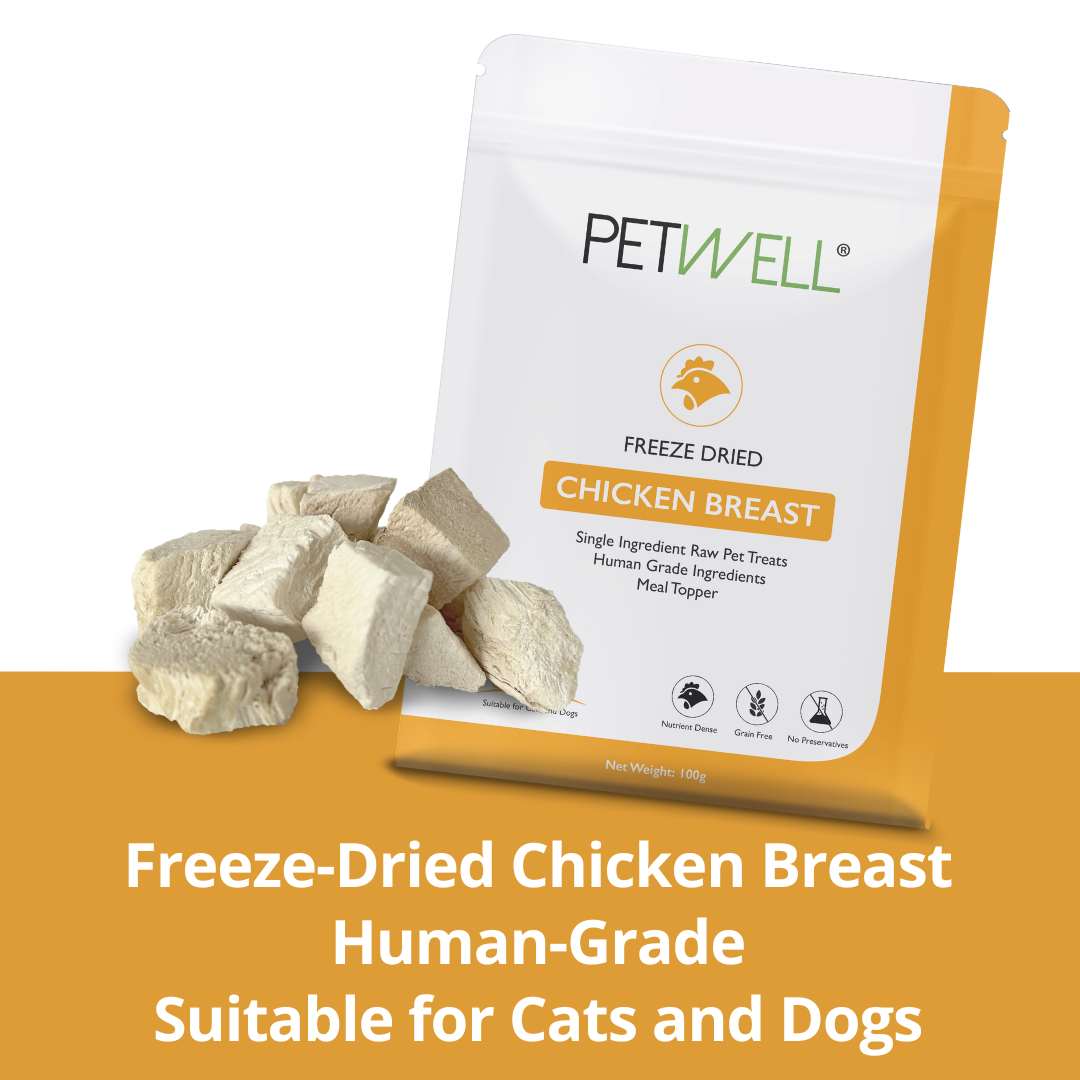
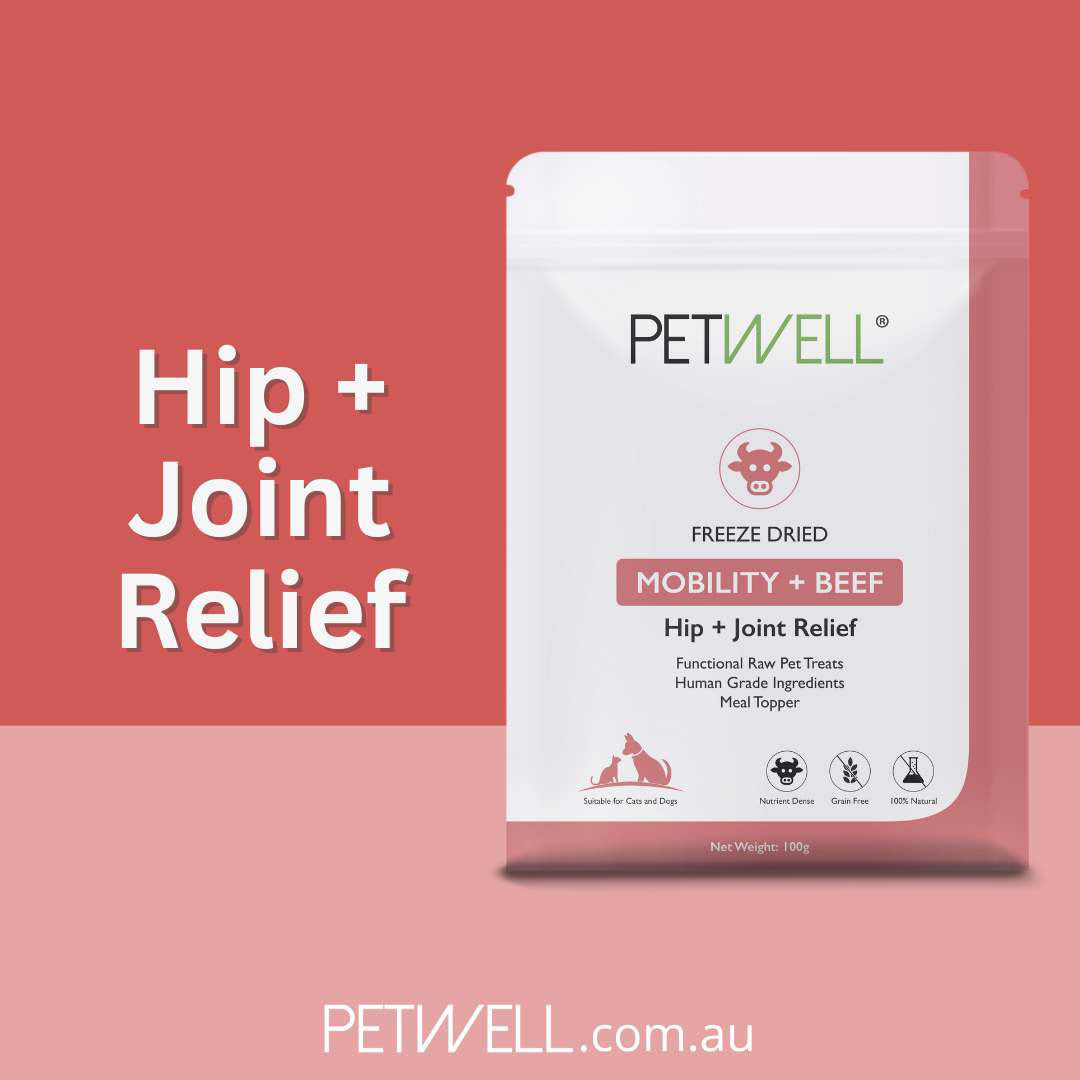
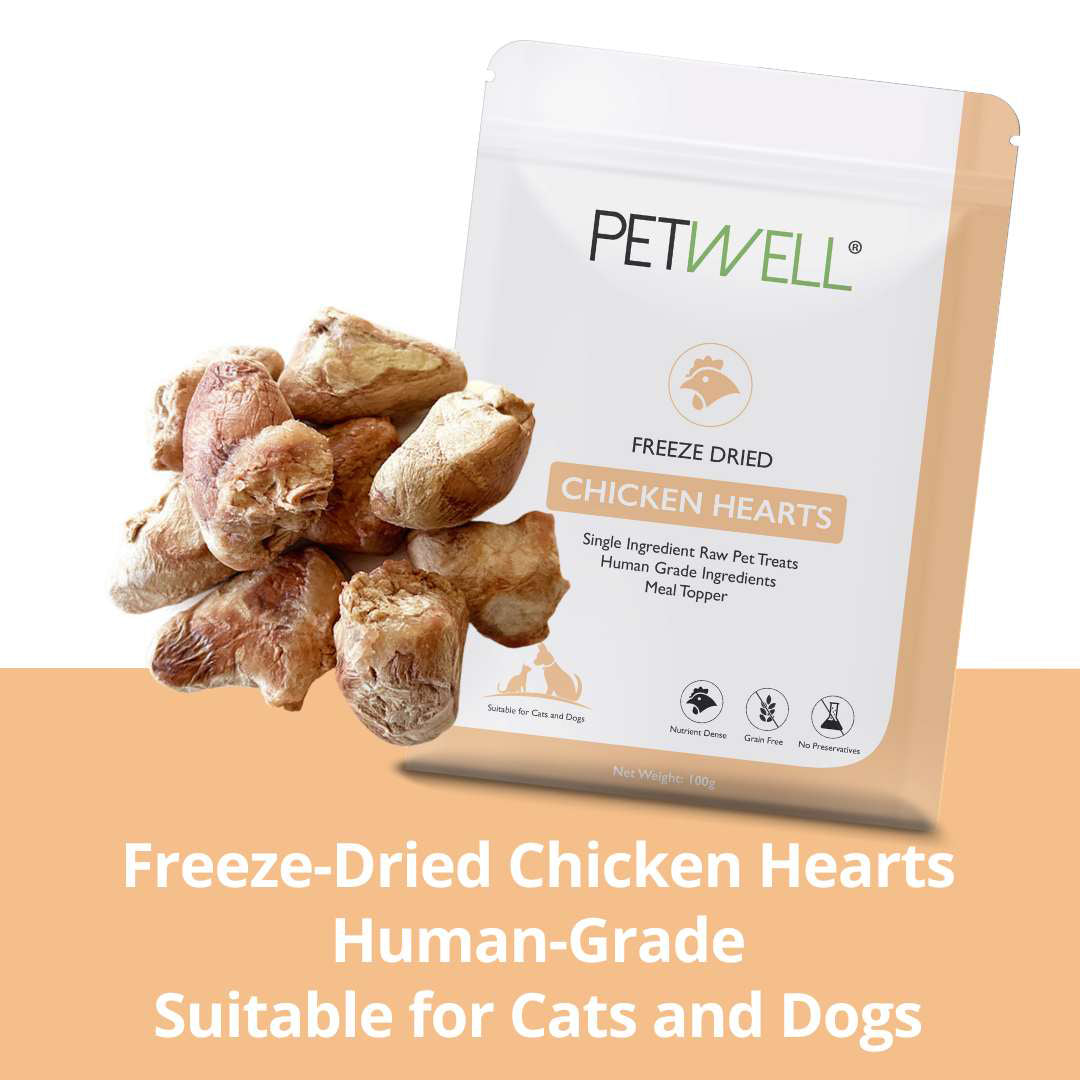
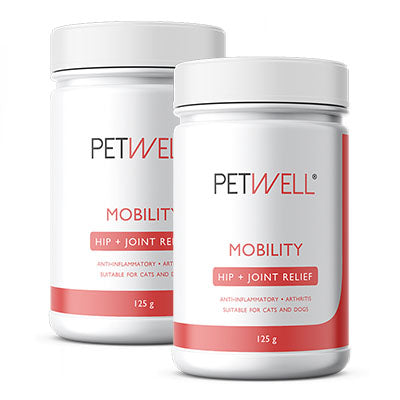
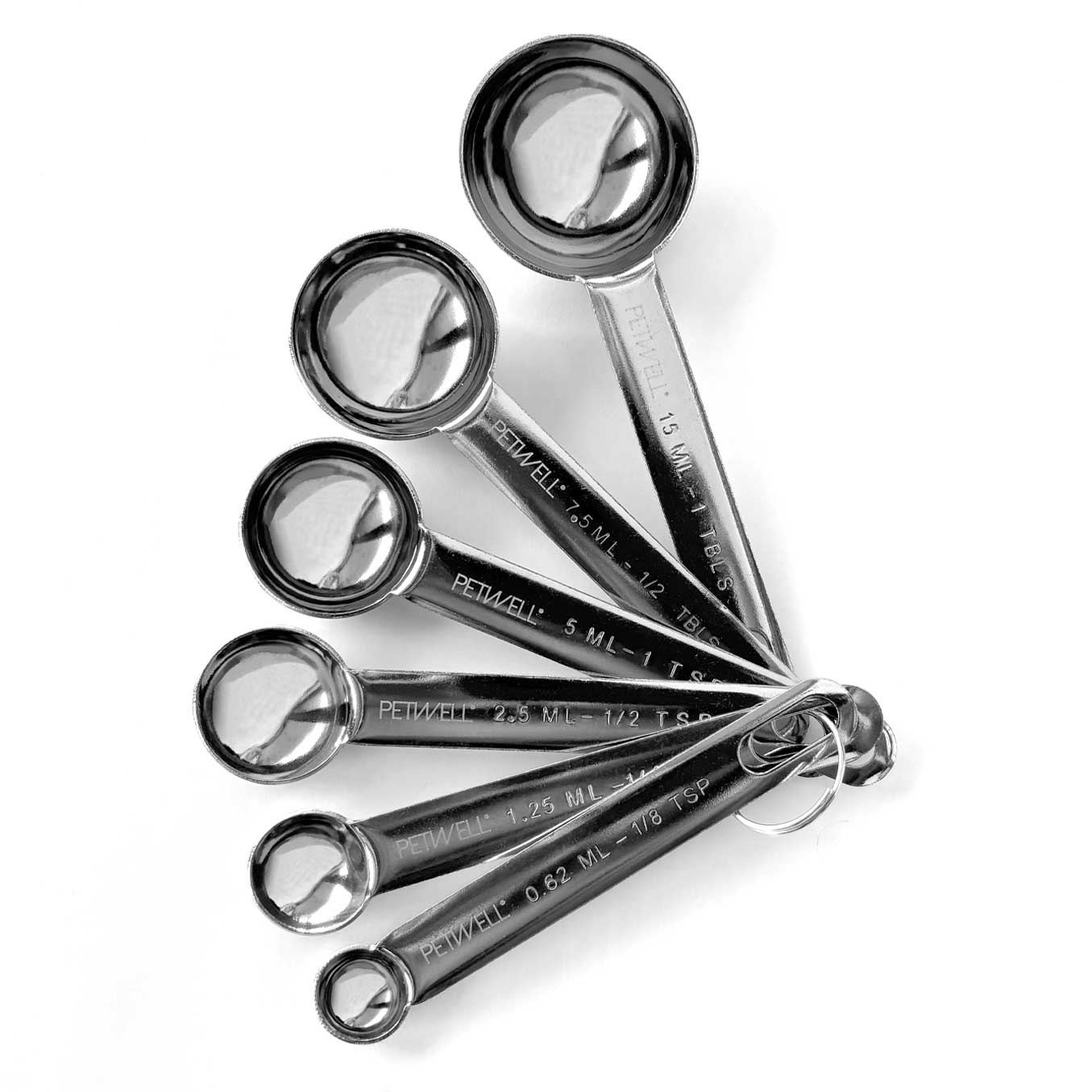
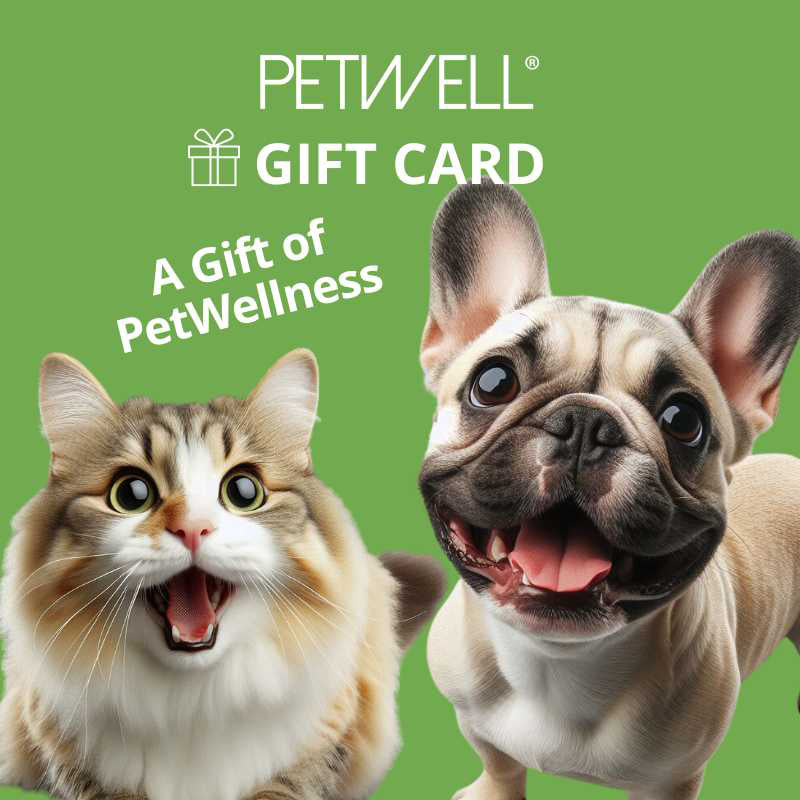
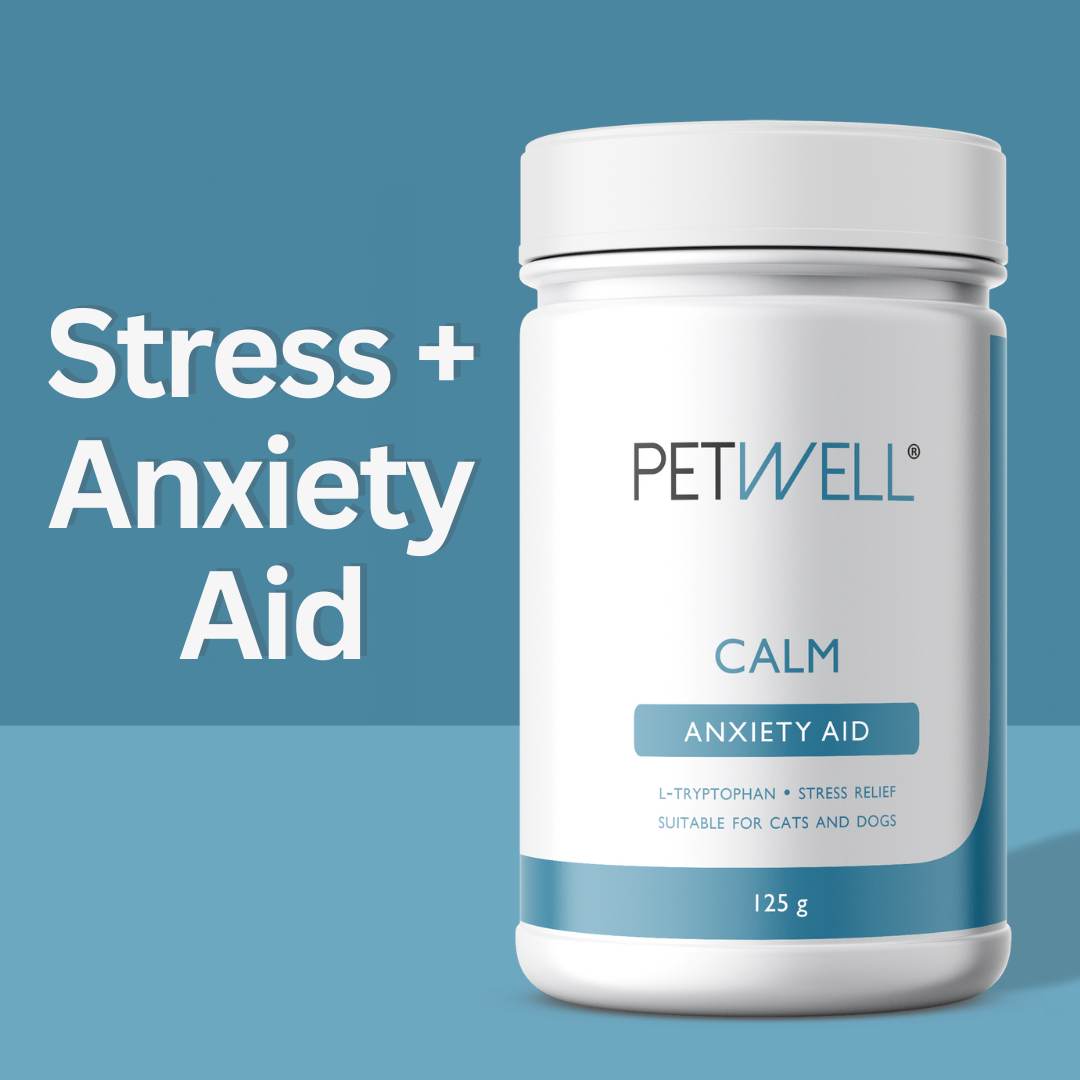
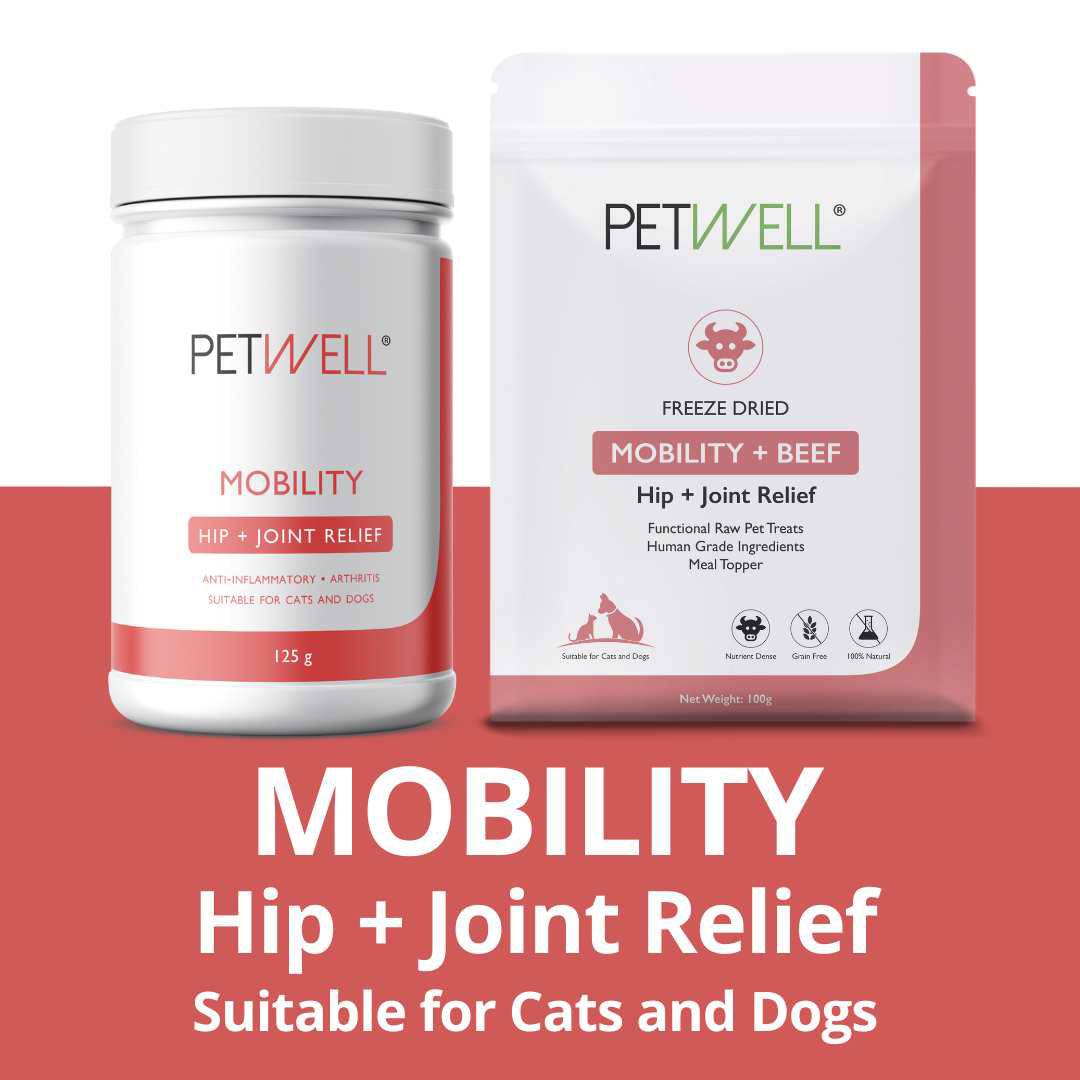
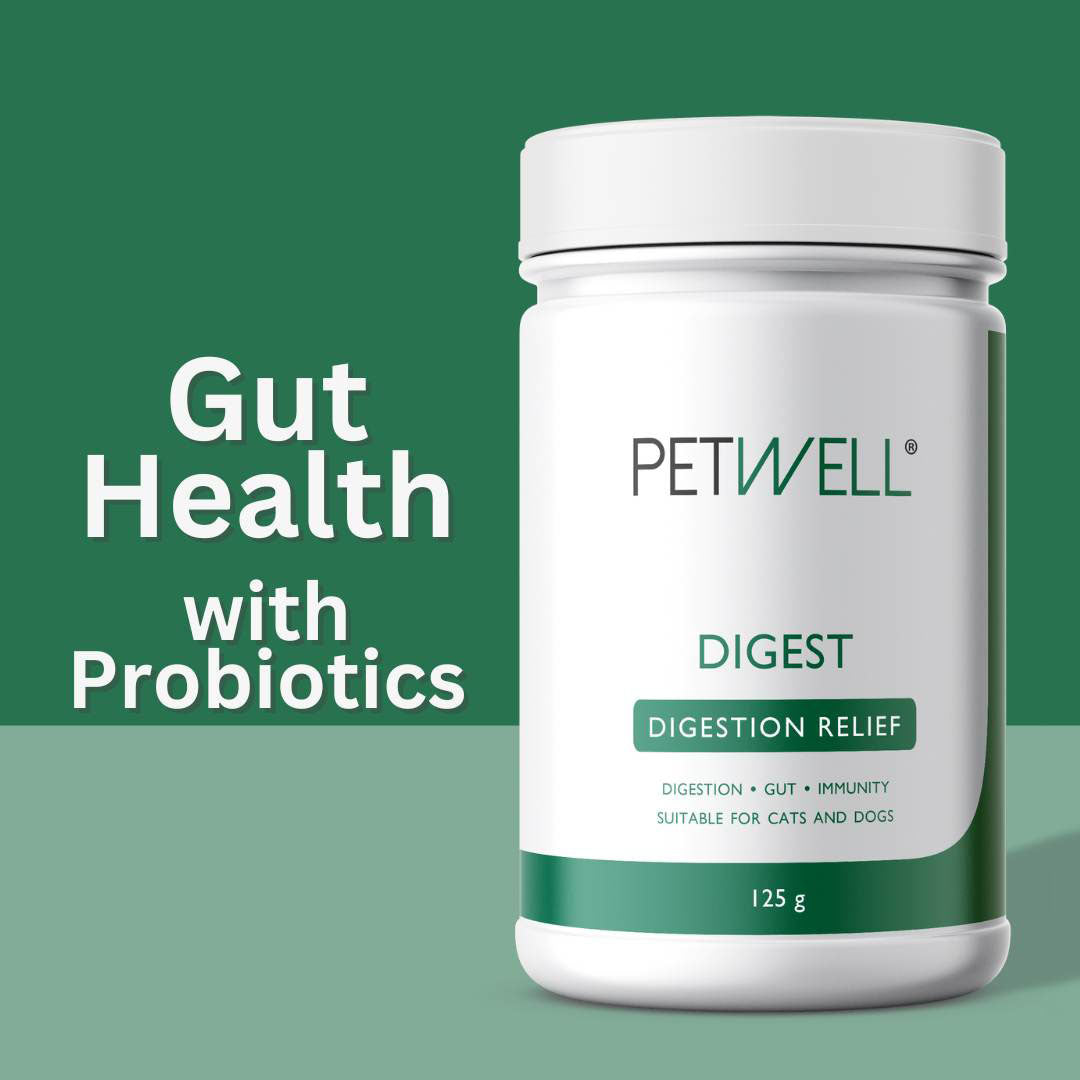
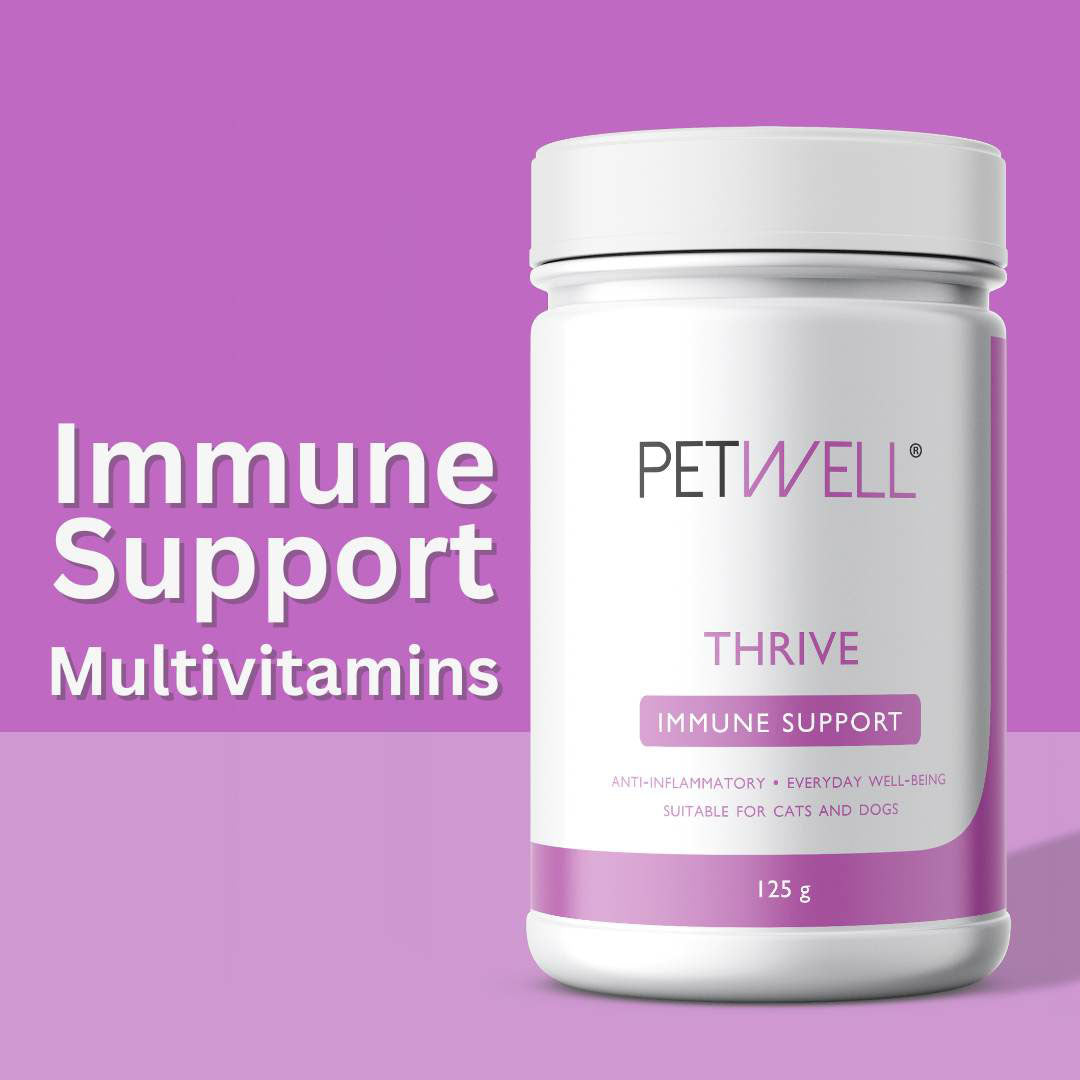
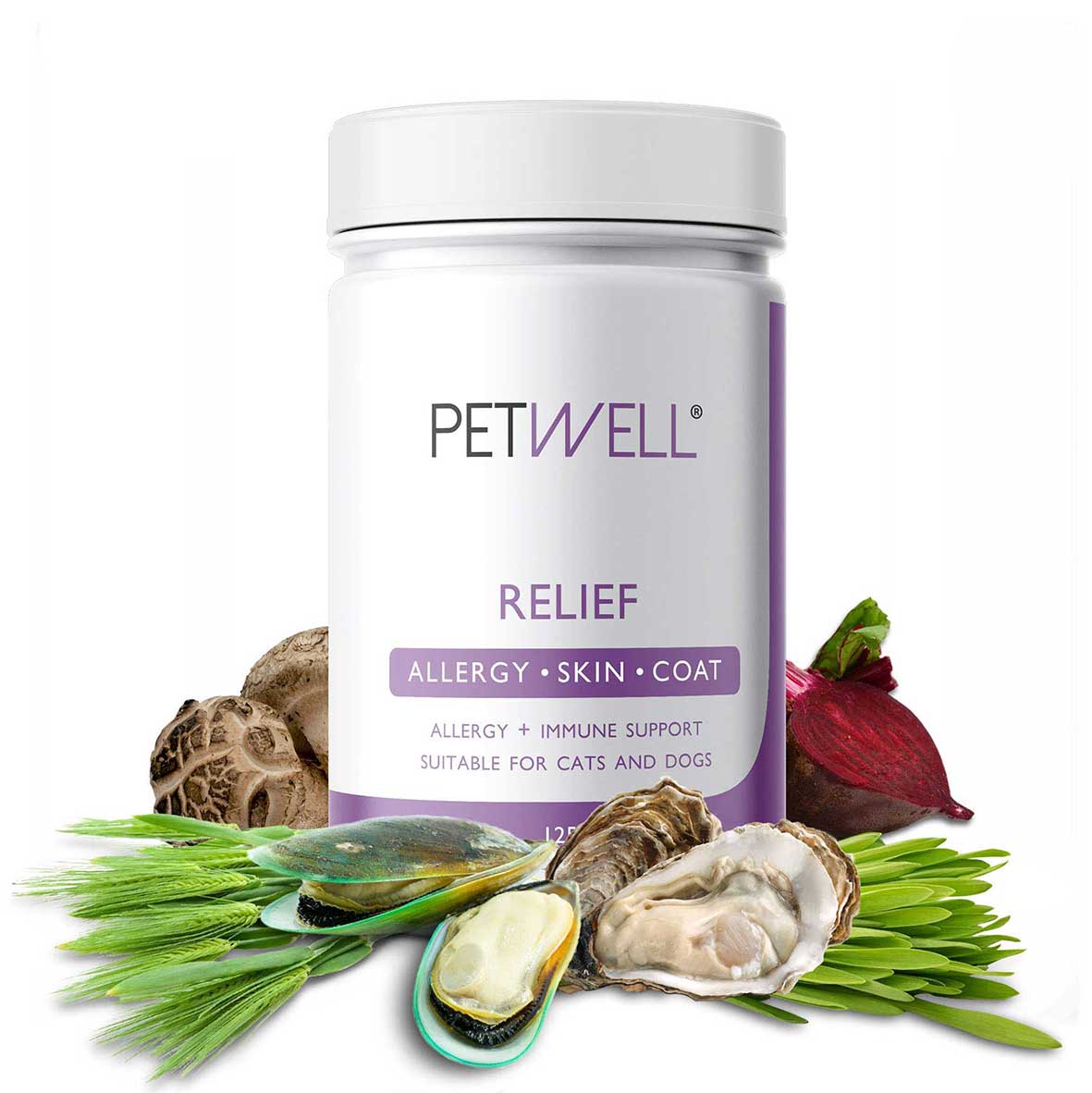
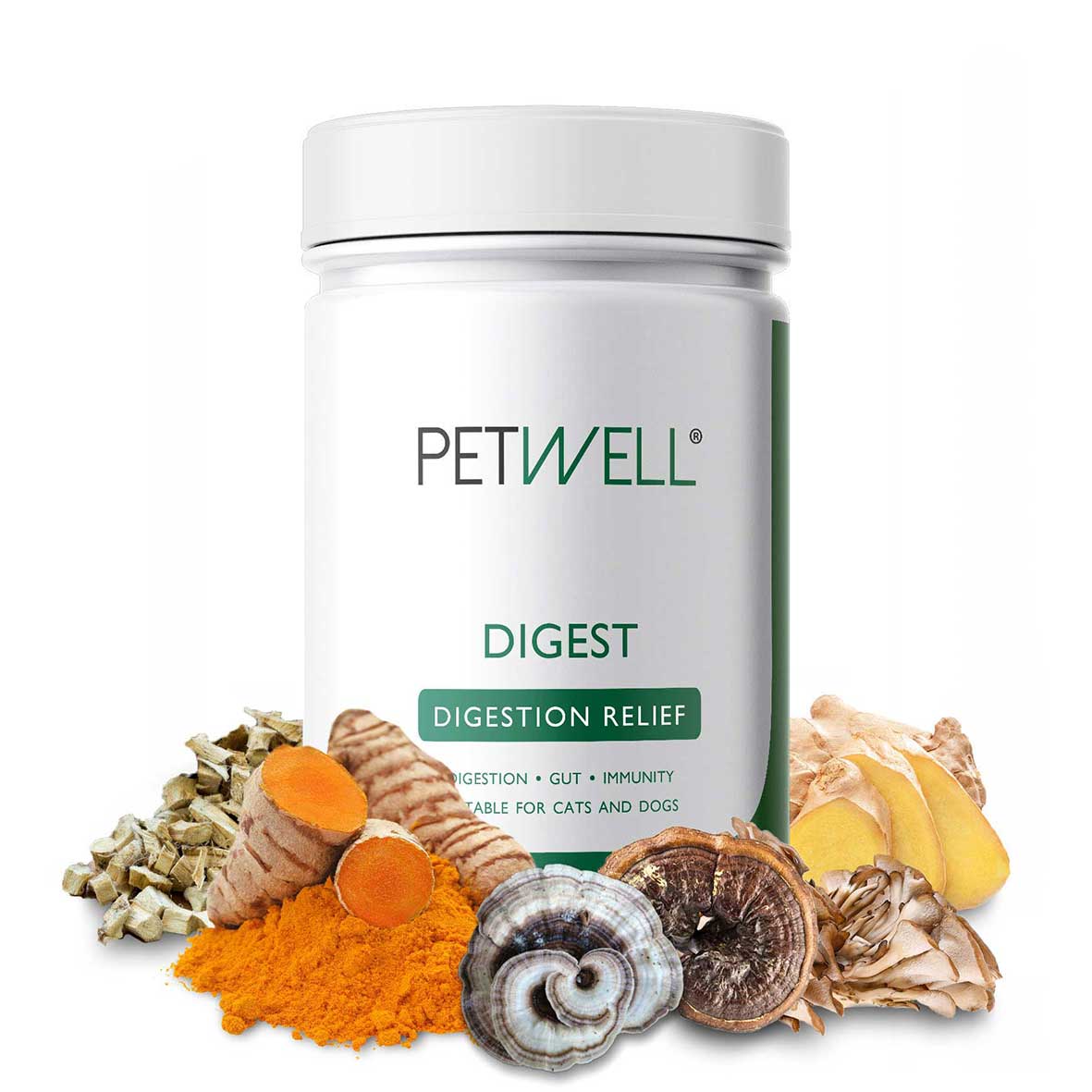
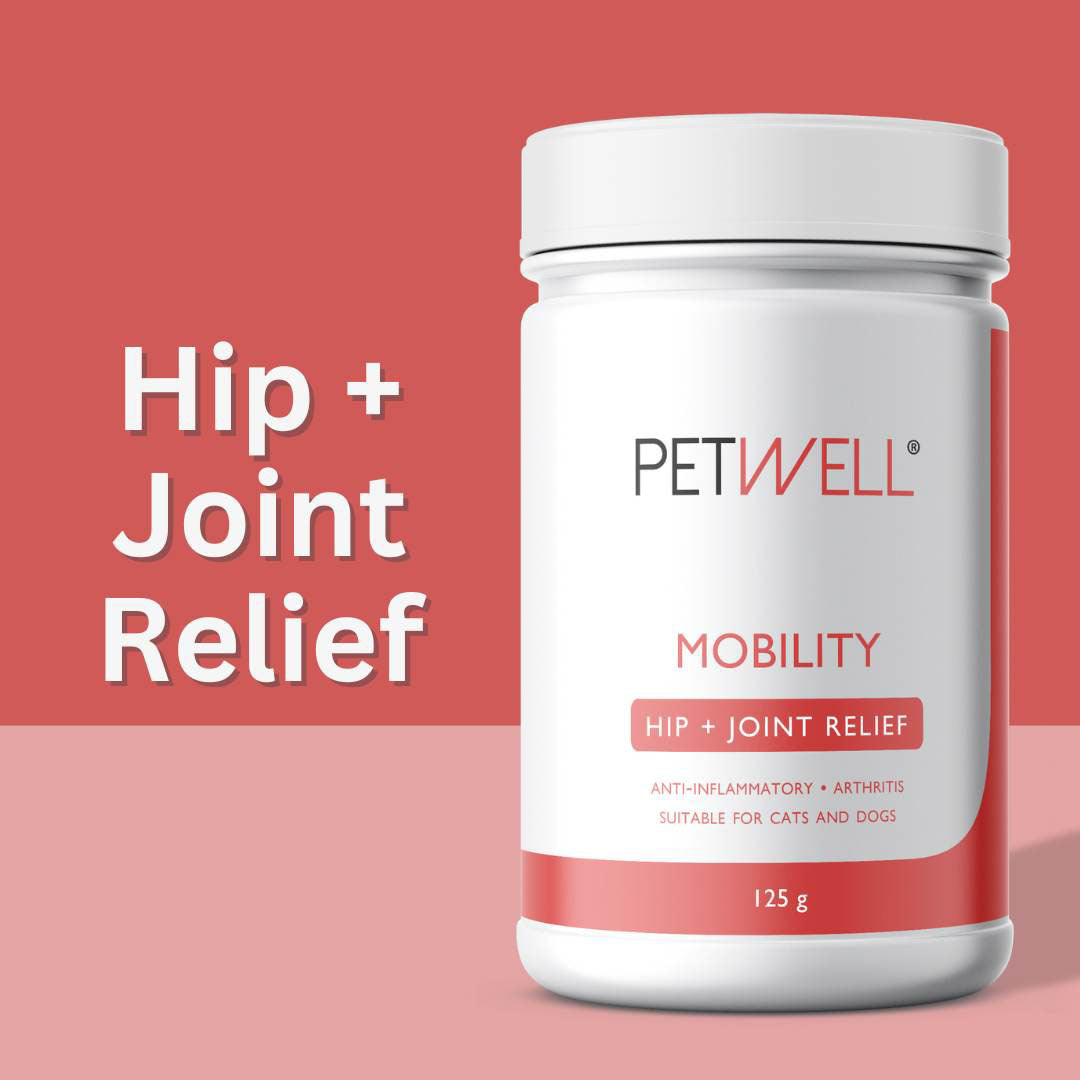
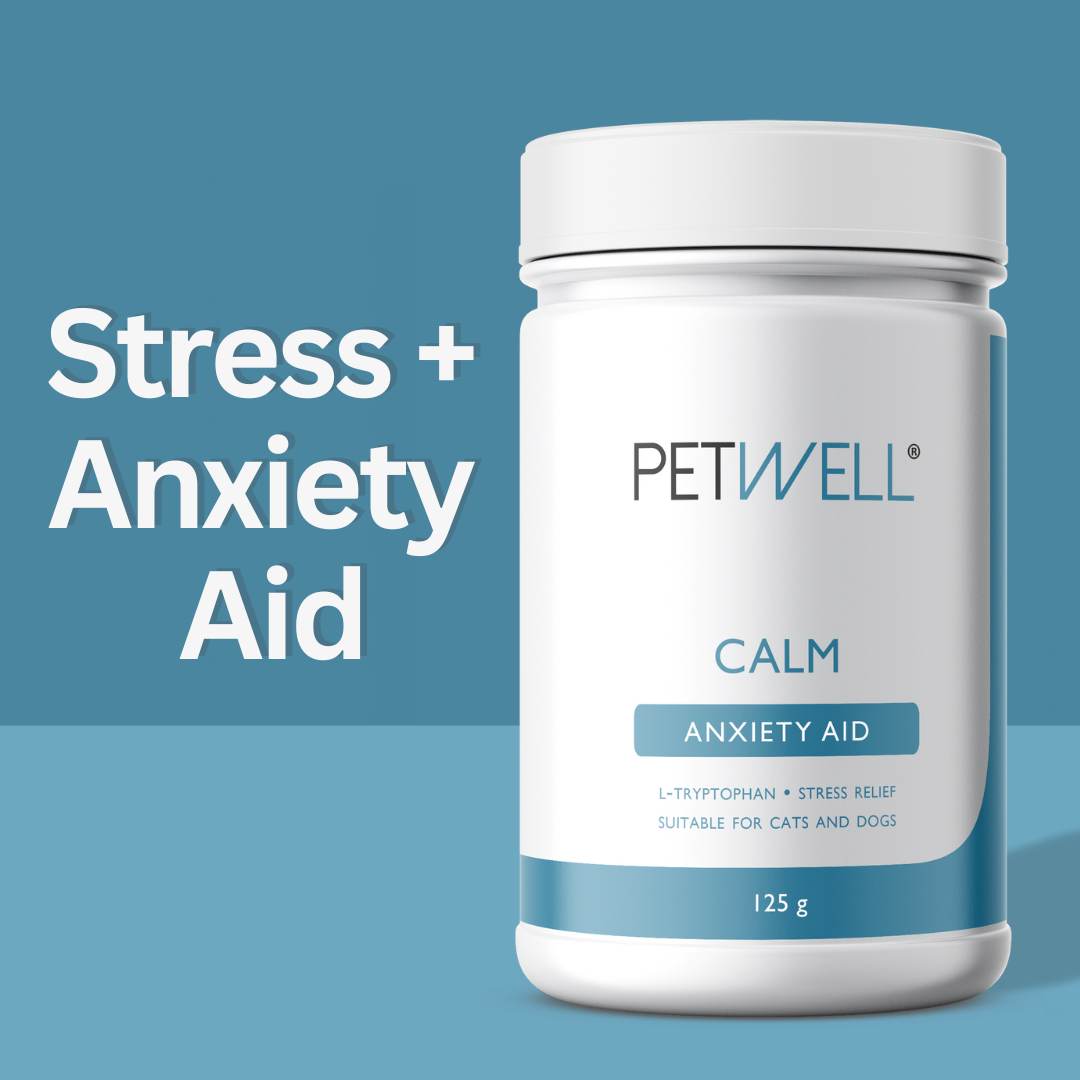
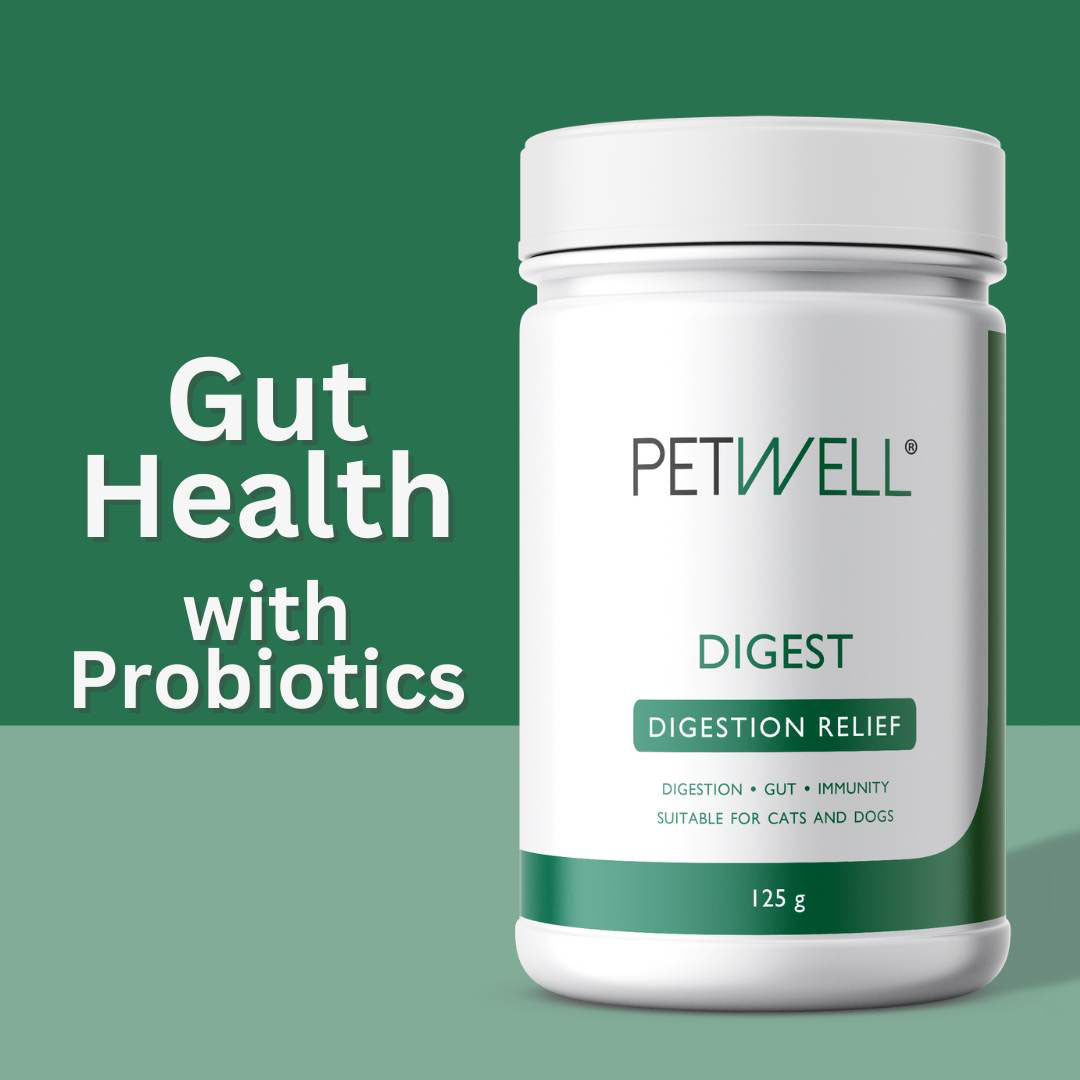
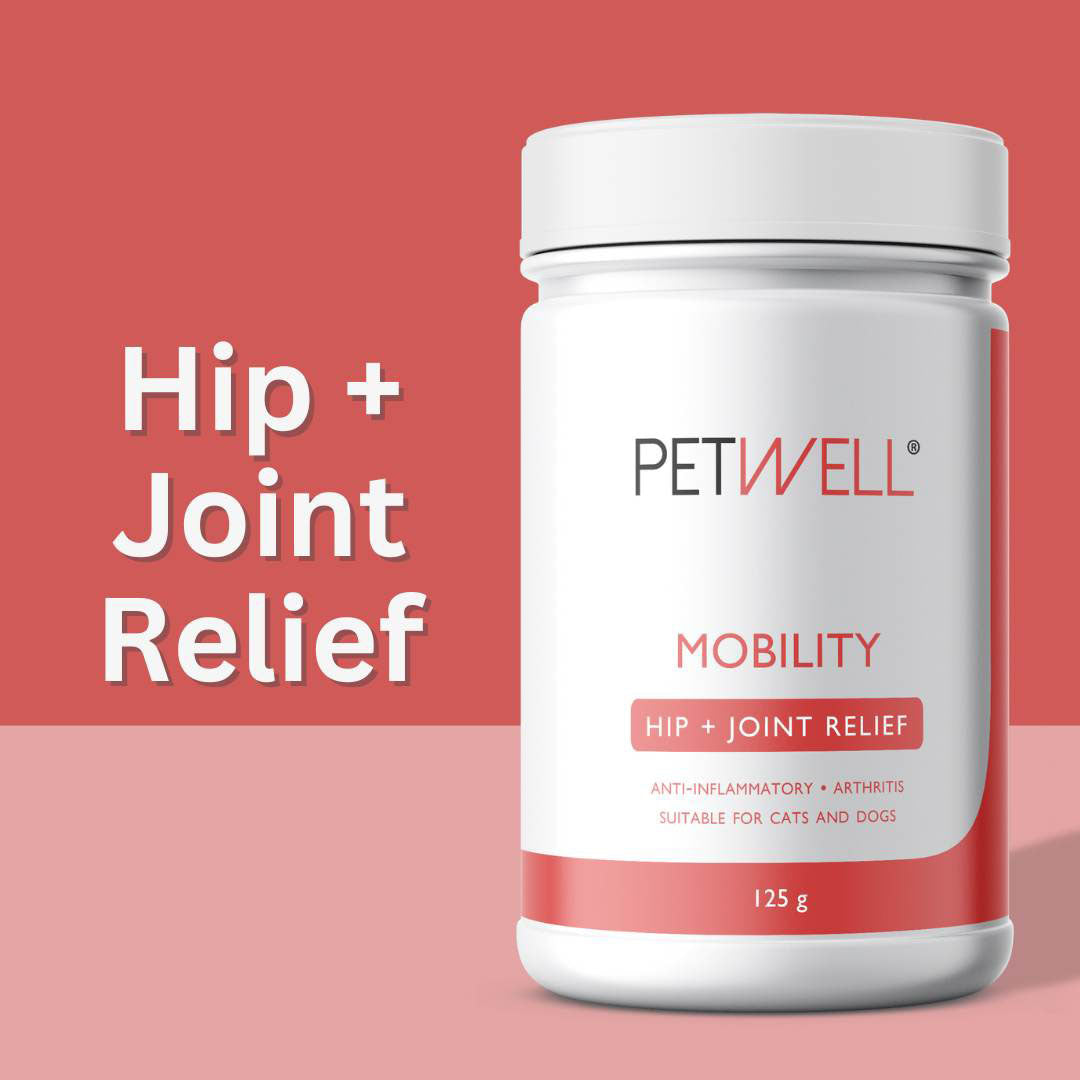
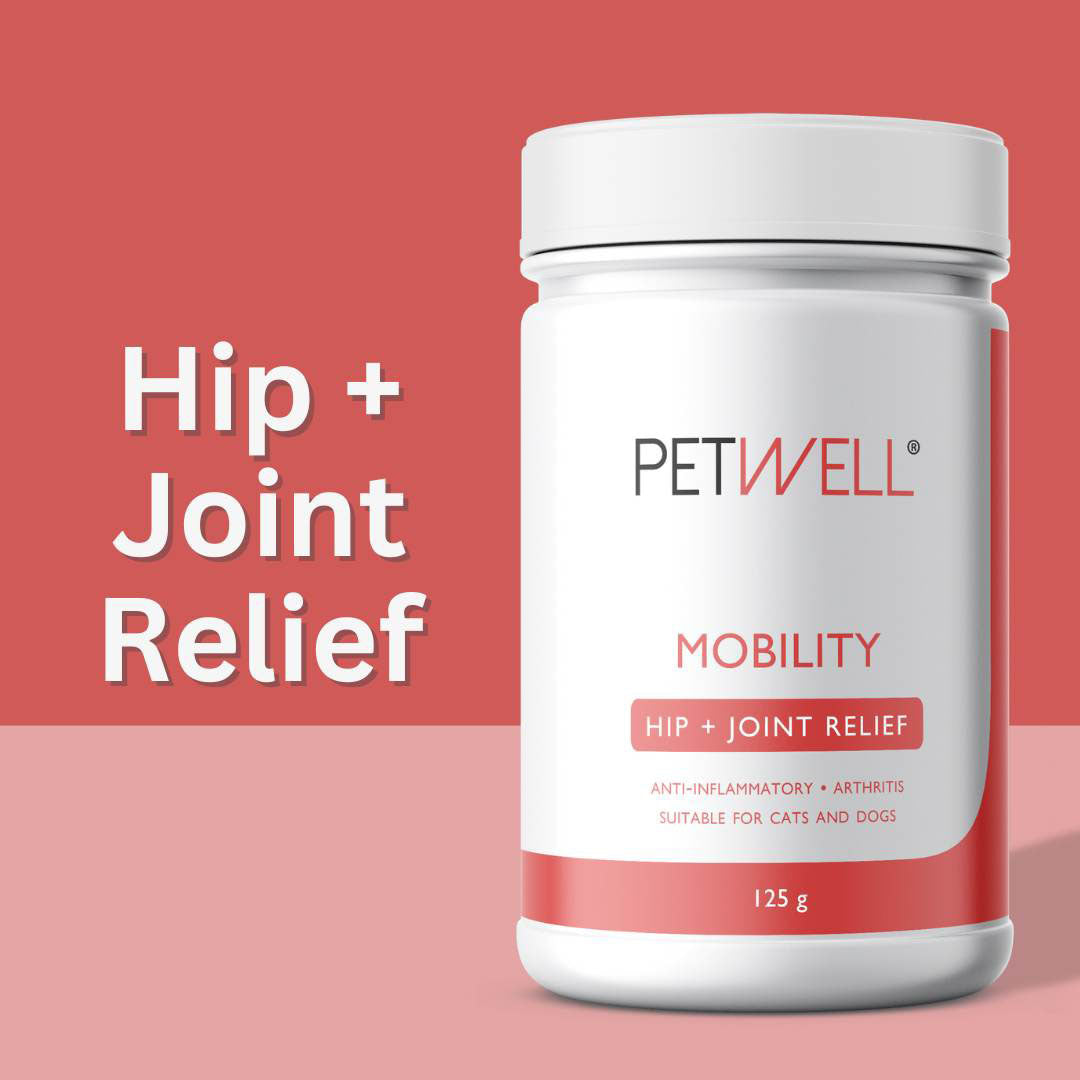
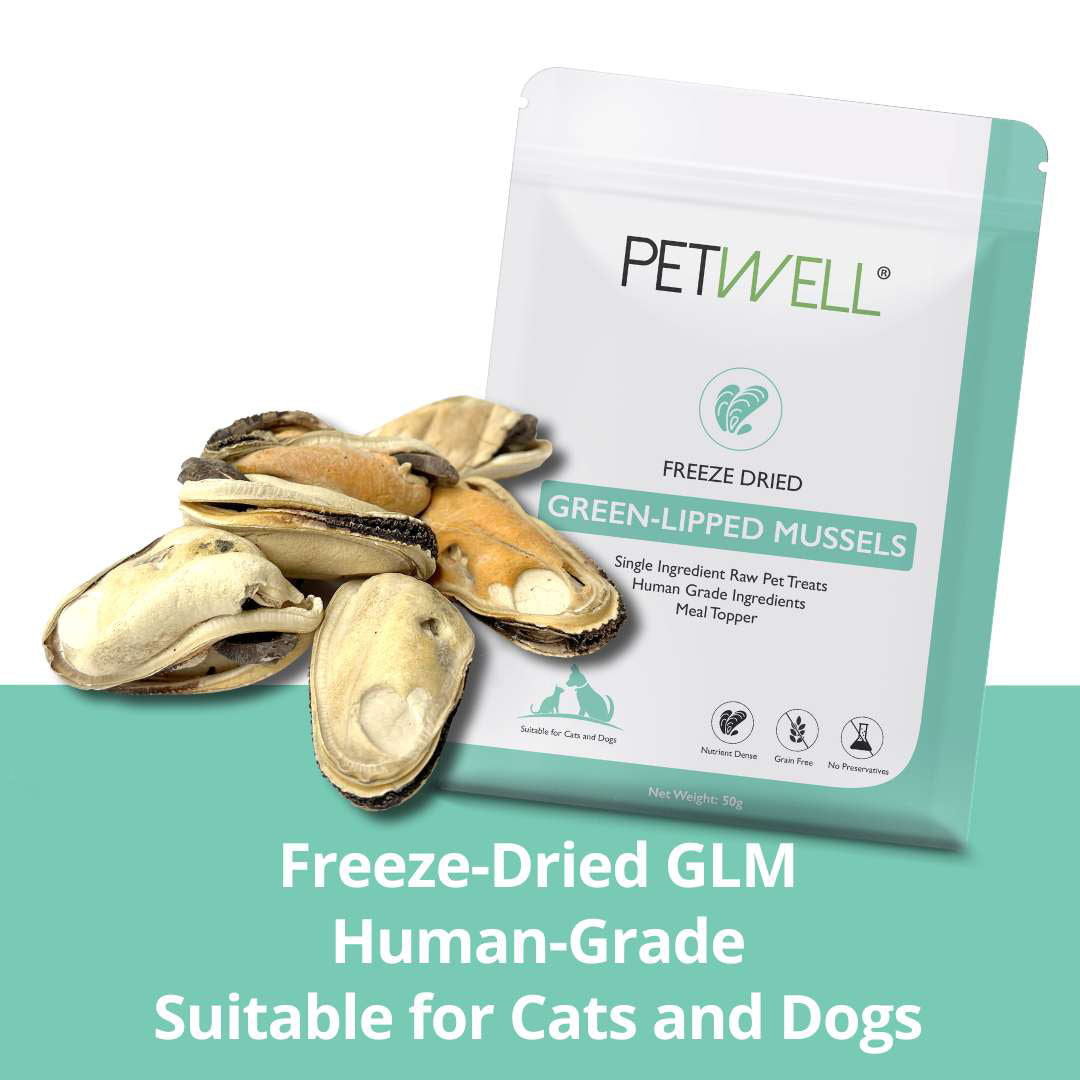

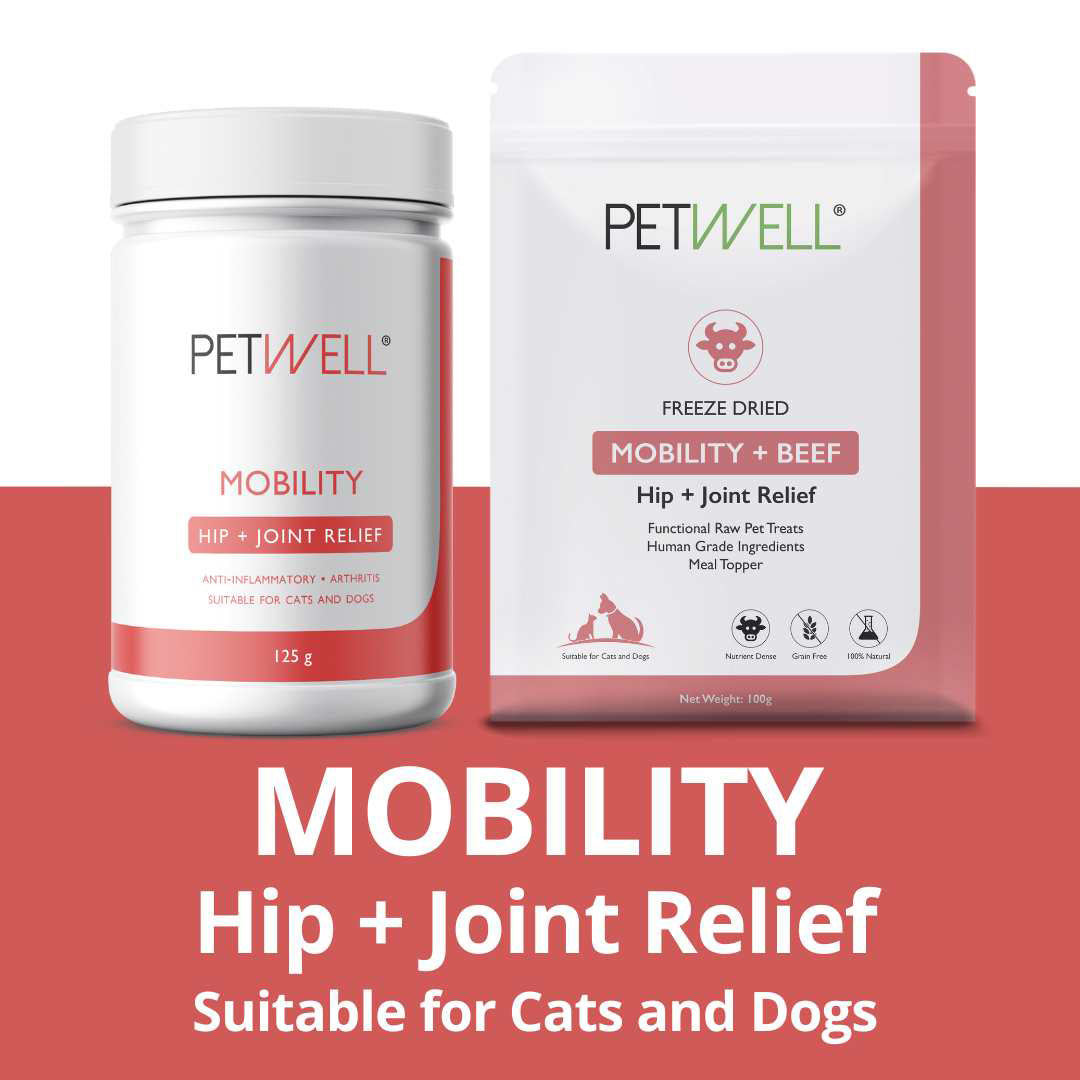
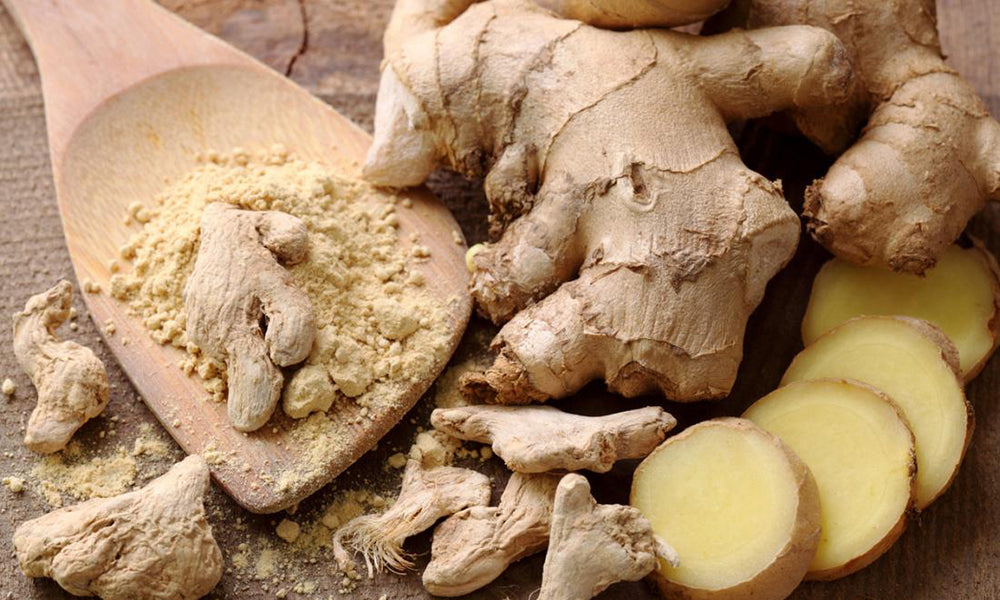

1 comment
How do you prepare ginger to give to your dog? How much could a 90# dog have at a time and how often?